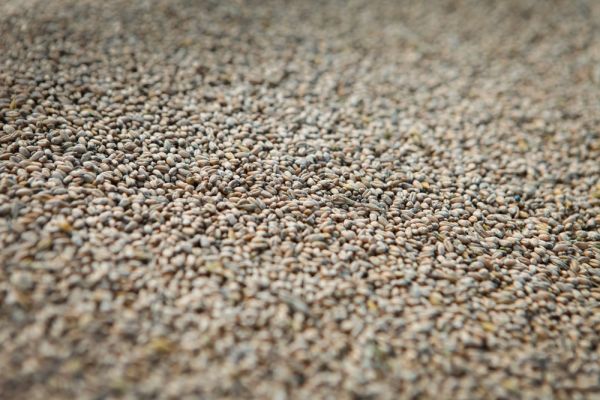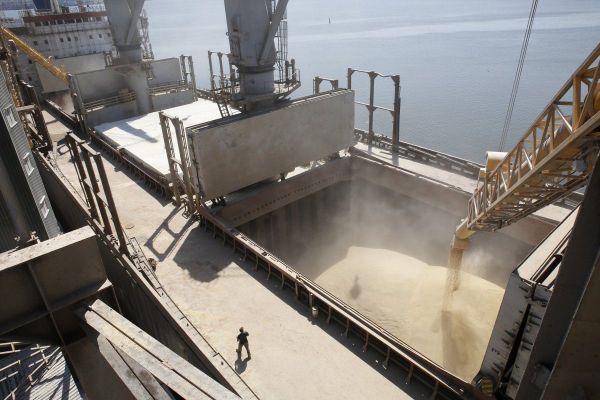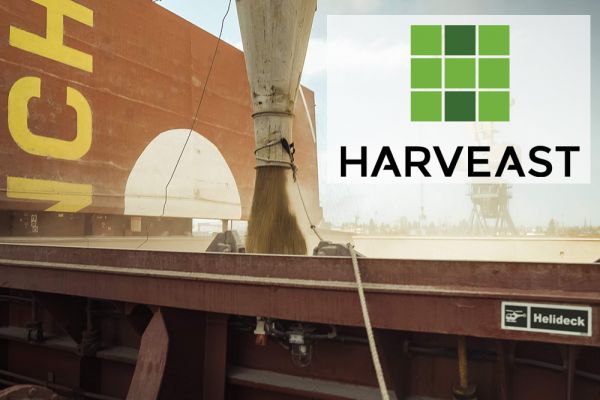Exploded in Beirut port ammonium nitrate traced back to Ukrainian businessman: OCCRP investigation
An ammonium nitrate consignment that exploded near Lebanon's main port in the capital city of Beirut on 4 Aug. 2020 is presumed to have been owned by a Ukrainian businessman Volodymyr Verbonol, according to an investigation conducted by OCCRP.
Just after the blast, OCCRP writes, reporters discovered that a dormant London-registered company called Savaro Ltd had chartered the 2,750-ton shipment in 2013, intending to send it from Georgia to an explosives factory in Mozambique. Instead, the vessel carrying it, the MV Rhosus, was detained in Beirut over unpaid debts and technical defects.
The fertilizer shipment was stored in a warehouse until August 4, 2020, when it detonated in one of the largest non-nuclear blasts in history, killing over 200 people and displacing more than 300,000.
"A Ukrainian businessman, Volodymyr Verbonol, who owned a company of the same name in the city of Dnipro, came under initial scrutiny. But after denying he had any connection to the Beirut shipment, he mostly escaped further attention," the investigation authors mark.
An investigation by OCCRP and its partners has proven that Verbonol was indeed behind Savaro. Following a trail of documents, journalists also found that the company was part of a larger business network that traded in technical-grade ammonium nitrate of the sort used to make explosives.
Reporters were able to tie Savaro Ltd. and Agroblend Exports (BVI) Ltd. to Verbonol’s network thanks to clues found in a series of emails sent by a company representative after the Rhosus was detained in Beirut.
With partners including the construction magnate Aliseyenko, Verbonol soon established several companies marketing goods and services including fertilizers, metallurgical equipment, software, and web design. One of them was the Ukrainian branch of Savaro, established in 2009.
In a statement sent to reporters, the Ukrainian companies denied any involvement in the Rhosus shipment, and laid the blame for the Beirut blast on Lebanese authorities.
“The entire time, the line of business of Atlantis Corporation, Savaro and Dniprosoft has been IT: the production of software and Internet marketing,” the statement said, referring to the names of three Ukrainian companies in the network.
Online advertising for other goods, such as fertilizers, was done on behalf of their clients and was “posted by employees, and often interns, who may not have fully understood that our company was acting on behalf of the manufacturers,” they said.
A former Savaro network employee, who worked for the Ukrainian companies around the time of the Rhosus shipment, told OCCRP he saw little evidence they were doing IT work, and that fertilizer sales remained the main part of their business.
As a reminder, several explosions occurred near the Lebanese capital of Beirut on Aug. 4, 2020, at 6:07 p.m. local time. According to preliminary data, the explosion could have been caused by the inappropriate storage of 2,750 tons of ammonium nitrate, which has been stored in the port since 2014.



